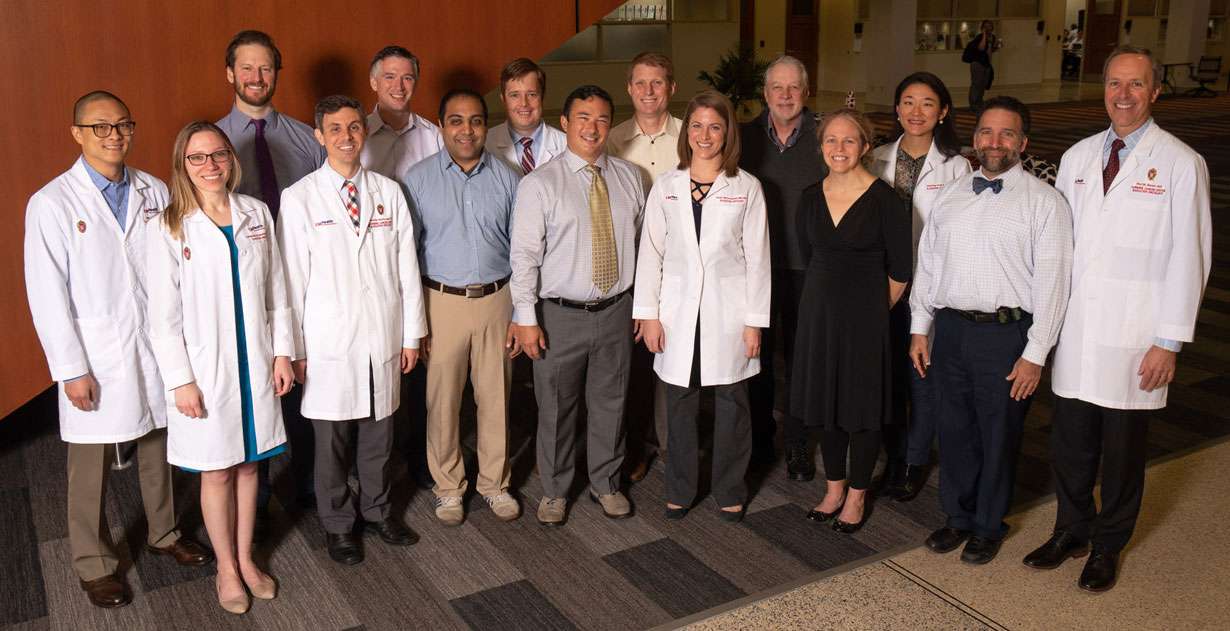Children may undergo unnecessary surgery to fix umbilical hernias
Wisconsin surgeons are performing more umbilical hernia repairs on patients two years old or younger, and more umbilical hernia repairs per capita, compared to surgeons in two other states, according to researchers at the University of Wisconsin School of Medicine and Public Health.

